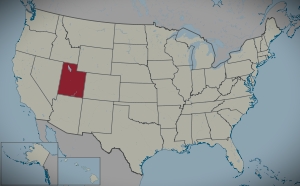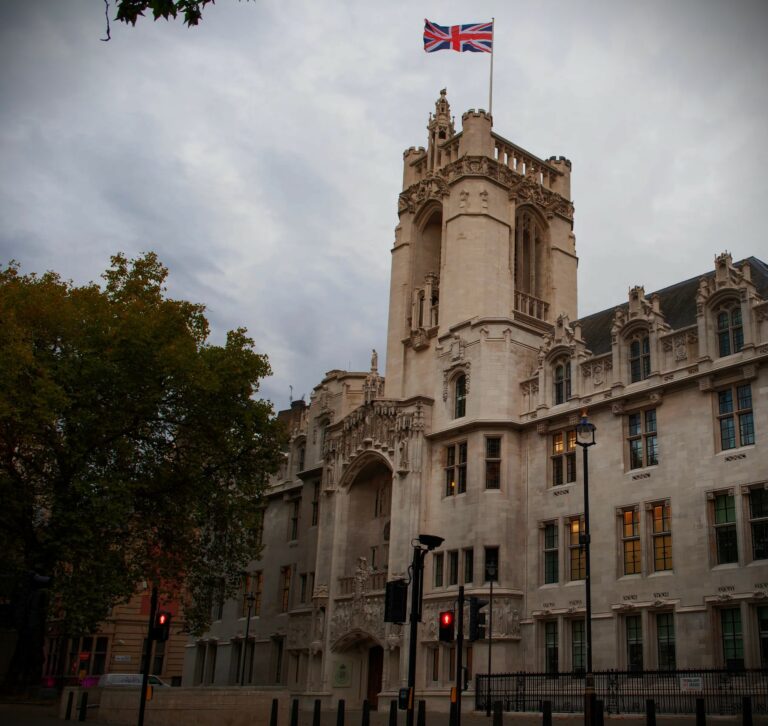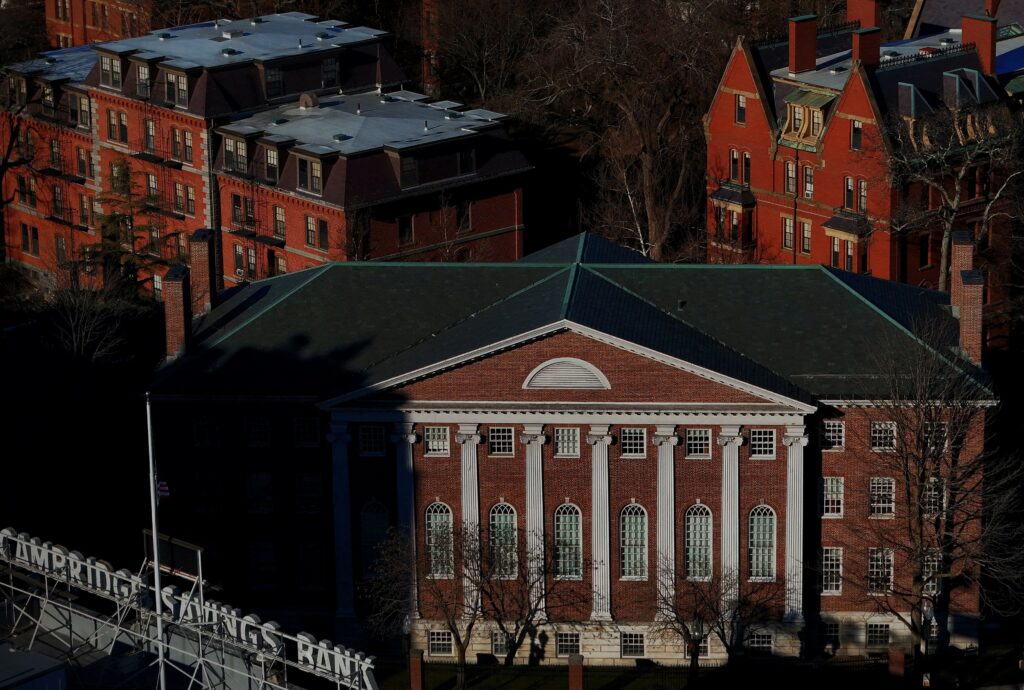
Utah has officially become the first U.S. state to ban the addition of fluoride to public drinking water. The decision, signed into law by Governor Spencer Cox, is set to take effect on May 7. This legislation not only prevents fluoride from being added to the state’s water supply but also blocks local governments from implementing their own fluoridation policies.
Supporters of the ban argue that water fluoridation should be a personal choice rather than a government mandate, citing concerns over potential health risks. Meanwhile, opponents, including the American Dental Association (ADA), warn that this decision could lead to an increase in tooth decay, particularly among low-income communities that rely on fluoridated water for dental health benefits.
The move aligns with growing skepticism about fluoride’s benefits, with public figures like Robert F. Kennedy Jr. questioning its necessity. While Utah is the first state to enact such a ban, other states, including Florida, Ohio, and South Carolina, are considering similar measures.
Water fluoridation has long been credited with reducing cavities and improving dental health nationwide. However, with Utah’s decision, the debate over the balance between public health policy and personal freedom is more heated than ever.



